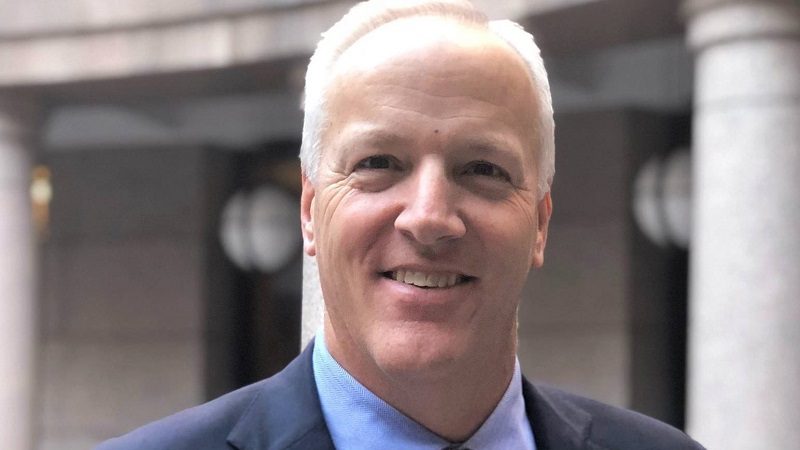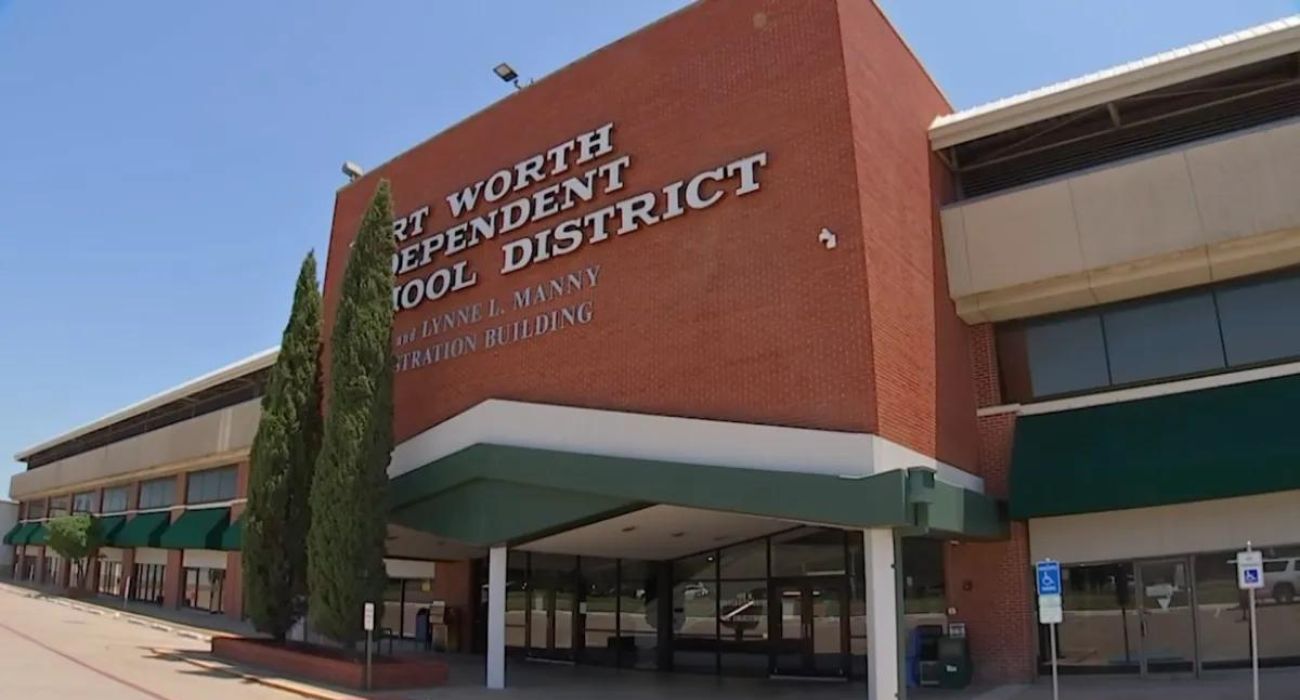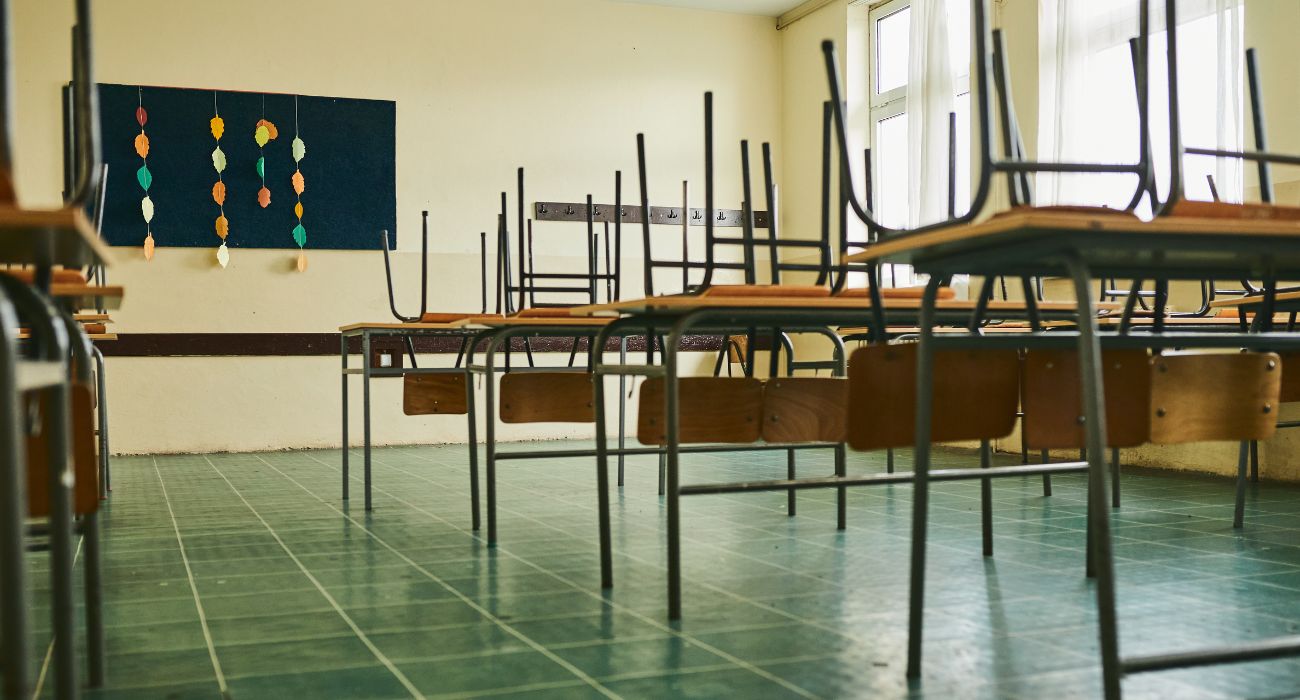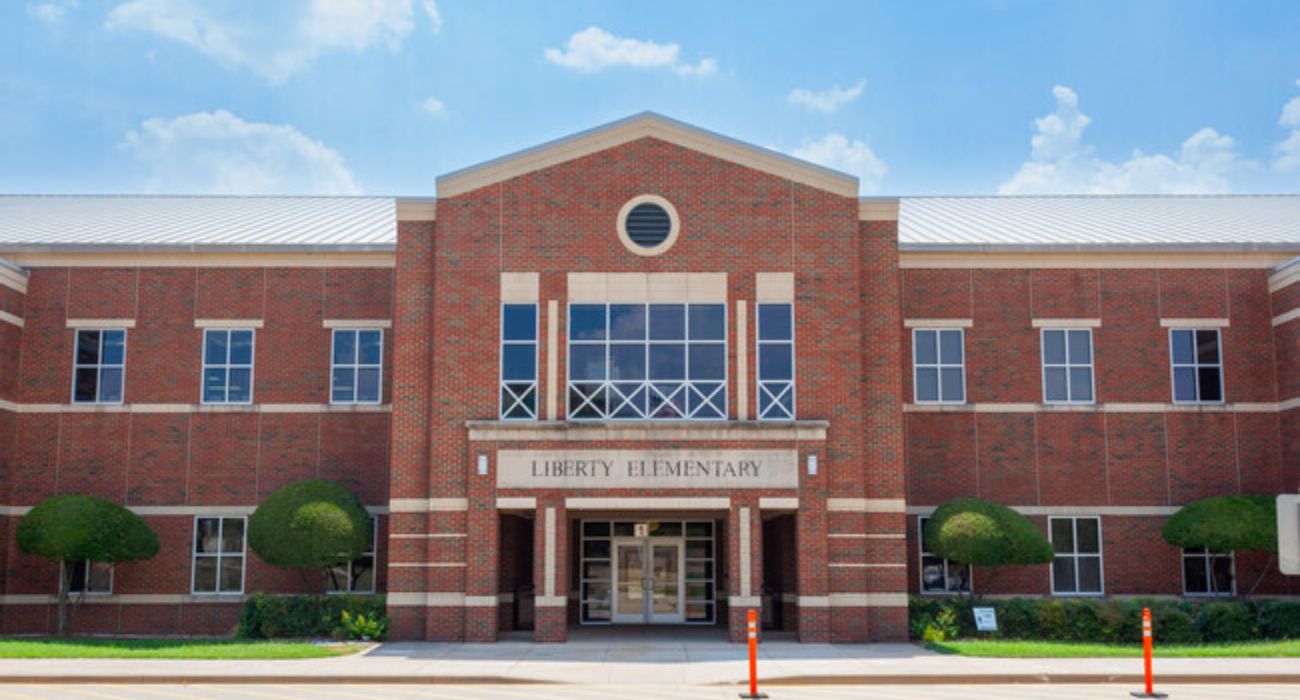A bill allowing home-school students, a fast-growing part of the Texas education population, to take part in extracurricular activities such as athletics, speech and debate, model UN, and others programs, passed by a vote of 78-65 in the state House of Representatives on May 12. Students will still have to meet age, eligibility and residency requirements.
A third reading passed by 80-64 on May 13. The bill, dubbed the “Tim Tebow” bill for the star college and professional athlete who was home-schooled, still needs to emerge from the Senate Education Committee, and receive approval from the full Senate before going to Gov. Greg Abbott for his signature.
HB537 is sponsored in the House by Rep. James Frank (R-Wichita Falls). An identical Senate version, SB 491, is sponsored by Sen. Angela Paxton (R-McKinney).
Frank said it comes down to equal opportunity for all students and families.
“Every kid, and every family, is unique,” he told Dallas Express. “While many students thrive in public school, others may perform better in a home-school setting. My hope is that the growing number of children and families who choose the latter route would still be able to benefit from the outstanding UIL activities that take place at public schools across our state.”
Frank said the proposed law isn’t only for home-schooled students.
“My view is that this bill will ultimately benefit both home-schoolers and the local schools they partner with,” he said. “Home-school students would be able to participate in academic competitions, fine arts programs, and sports teams they previously wouldn’t get to experience, and school districts get the opportunity to grow their programs and impact more kids.
“Military families, people in rural areas, and those without the financial means to join private home-school clubs and teams stand to benefit most from this bill,” Frank said. “I would simply ask those who are concerned about how this might affect them to instead consider how this opportunity might impact the life of a child who would otherwise never get the chance to participate.”
All Texas taxpayers support the UIL, which organizes public extracurricular activities, but home-school students are prohibited from playing football, basketball, baseball and other sports, as well as engaging in school-sponsored chess, music, debate, robotics and other activities. Only 15 states ban home-school students from taking part.
Before the bill moved ahead in the state House, Frank told the Nortex Times the measure is important because it “ends discrimination against home-school students by giving them access to their tax-funded extracurricular activities in their local school district. It also gives additional options to students to more fully form their education, regardless of where they live or how much money their parents have.”
He said although “some home-school parents have chosen to organize and enroll their children in private athletic leagues or other creative outlets, the prohibition against home-school student participation in UIL activities effectively eliminates extracurricular opportunities for home-school families of limited economic means or in rural areas that cannot support these private activities.”
According to a U.S. Census Bureau report, the percentage of Texas school-aged children being home-schooled almost tripled in 2020, from 4.5% last spring, to 12.3% by fall 2020.
In the Dallas-Fort Worth metro areas, the number rose to 8.5% from 5.8% to 8.2% during that same period, while it was up from 4% to 10.8% in the Houston metro area.
The Texas Home School Coalition reported that withdrawal requests from public school, with students transitioning to home-schooling spiked 1,700% in July 2020, 400% in August 2020 and 400% in September in comparison to the previous year.
Home-school starts in Texas were steadily rising even before the COVID-19 pandemic. Analysis of data from the Texas Education Agency (TEA) showed between 1997 and 2019, students who withdrew from public schools and were home-schooled in the state increased 228%. Comparatively, public school enrollment grew at a slower rate over the same time period (41%), as previously reported by the Education Daily Wire.
“It should come as no surprise that more parents in all communities are choosing home schooling,” said Texas Public Policy Foundation’s Erin Davis Valdez in an email alert reported by the Dallas Express. “With many schools not offering full-time in-person options, many parents saw the benefits in taking more of a direct hand in their children’s education. Far from being a phenomenon confined to one socioeconomic group, the rates for home schooling doubled overall, and the increase was five-fold among black families.”
It’s part of an overall trend in Texas. Education Daily Wire reported recently that over a roughly 20-year period, withdrawals from public schools to home schooling in the state rose 228%, while at the same time public school enrollment went up only 41%.
Efforts to include home-school students in extracurricular activities has consistently been opposed by public school coaches associations along with the state’s large and influential teacher’s groups and education organizations.
However, the trend seems to be turning.
In an editorial, The Dallas Morning News said the prohibition of home school participation in UIL, is “unfair to taxpaying parents and their kids” while emphasizing “that everyone involved would benefit from the participation of home-school athletes, band members and others” in these activities.
Frank said he has explained the bill to other legislators to make sure they understand what it contains — and what it doesn’t.
“I’ve continued to stress that this bill is entirely permissive, meaning that it simply gives ISDs and home-school families the option to participate — home-schoolers who choose not to participate don’t have to, and schools that don’t want to give kids more opportunities can keep their doors closed,” he told Dallas Express.
Texas Home School Coalition President Tim Lambert said he was encouraged by the bill’s progress.
“The passage of HB 547 is a tremendous step forward for the home-schoolers of Texas,” Lambert said in a release. “According to the Census Bureau over 12% of the students in Texas were home schooling as of last September/October. That would be well over 750,000 students. If the Texas Senate passes this legislation and the governor signs it into law, Texas will be the 36th state to allow home-schoolers to participate in extra-curricular activities of public schools.”
Frank likes the bill’s chances, noting, “The Senate has advanced similar bills in the past, so I’m optimistic that they’ll remain committed to providing more opportunities to kids by passing this bill.”






